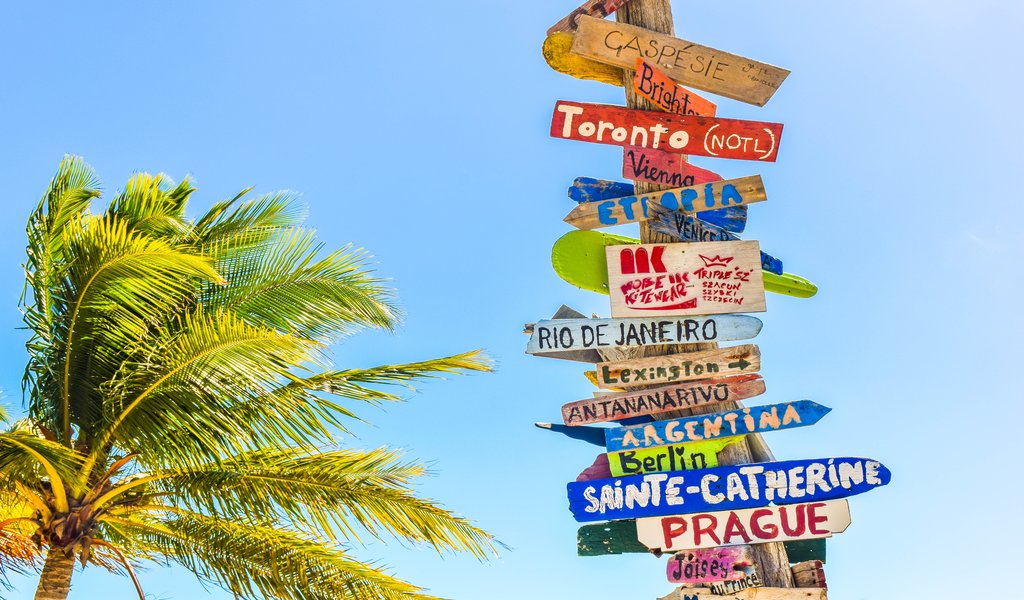“Let your memory be your travel bag.” ~ Aleksandr S.
Sometimes back, a friend of mine and I went on a trip to Kigali, Rwanda through Kampala. The immigration process between Kenya and Uganda at Busia border was easy without any hustle. Getting into Rwanda at Katuna border was an indication of how easy it is to get into trouble while traveling. The country is very strict on the plastic ban and all plastic bags are restricted. Unlike in Uganda, all travelers entering Rwanda have to provide prove and address where they will be staying and the expected period of stay. The traffic and garbage disposal laws in the country are more in place than in other East African countries.
Things you must do before traveling outside Kenya
Taking a few simple steps of preparation before and during your travel in another country can help to ensure that you have a trouble-free trip.
Fully research the destination you intend to visit before traveling. It is a good idea to find out the local laws and customs of the said country – there may be serious penalties for breaking a law that might seem trivial at home country.

Photo by Deanna Ritchie on Unsplash
#1 Travel Insurance
Whatever your age or fitness level, make sure you take appropriate travel insurance like the one offered by Liberty Mutual. This ensures that you are covered for the activities you intend to do, such as bungee jumping or water sports. Remember that most policies exclude cover for events that happen after excessive alcohol consumption.
#2 Health and Safety
Know the health risks and vaccination requirements of the country you are traveling to before you head out, so you can get the required vaccinations and take other preventative medications if required (e.g. yellow fever vaccination). If you’re traveling with your prescribed medication, check if there are any restrictions in place before you travel. Contact the embassy or consular office of the country you’re traveling to if you need more information. You can also read through travel blogs and resources which have such information.
#3 Travel Documents
Check your passport to ensure that it is valid for your full trip and has correct emergency contact details filled in. Be sure to have all the necessary visas in place.
Value your passport and keep it safe. Always make sure you have copies of your travel documents before you travel. A good practice is to scan the documents and attach such copies to your email. You can also leave copies with friends or family who can email them to you if needed.
#4 Learn the Laws of the Country and obey them
If you intend to drive overseas, make sure you familiarize yourself with local driving laws and that your license is current and valid where you are going.
Don’t take risk of disobeying the laws abroad – this could make you end up throwing years of your life away in a foreign jail. Many countries have a zero-tolerance approach to offenses involving drug trafficking and sentences can be as bad as death. It is also good to know the cultural practices in the destination. While it is okay in many European countries, Public Display of Affection (PDA) could cause you trouble in the Middle East.
Take enough money with you, and make sure you have access to emergency funds. Don’t keep all your money in the same place.
#5 Inform a few people before you leave
Tell family or friends at home where you are going, and leave emergency contact details with them. A good practice is to have a visible tag on your backpack or carry on with emergency contacts.
Travel resources for Backpackers, Solo and Budget Travelers
- Tips for First Time Solo Travelers and Backpackers
- Travel resources for backpackers in Kenya
- Travel Tips and Apps for Backpackers
- Signs you are a true backpacker and traveler
- Motorcycle Ride from Nairobi to Arusha, Tanzania
- Traveling from Nairobi to Johannesburg by road
Travel safe and stay awesome!



